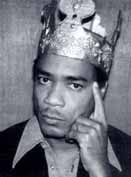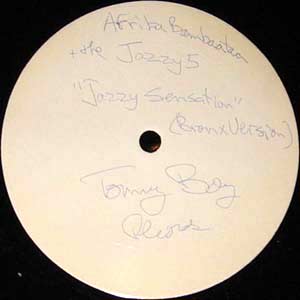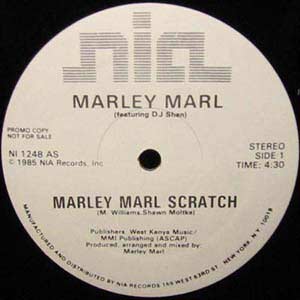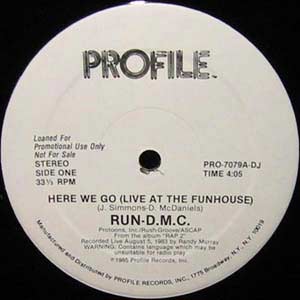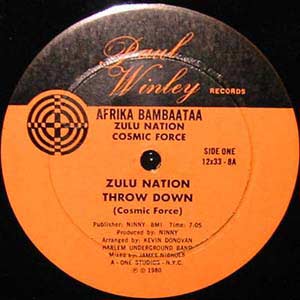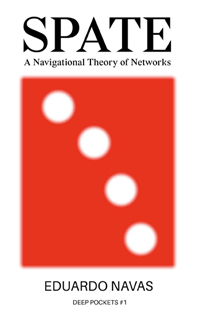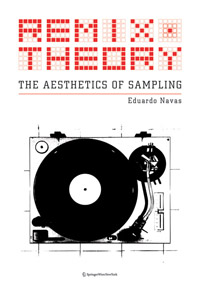The Color of Money, by Greg Tate
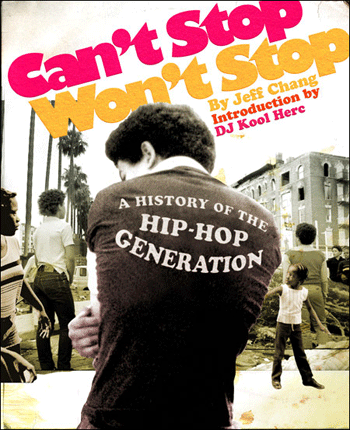
Image source: Can’t Stop Won’t Stop
Text source: The Nation
February 9, 2006
All of these books are as much about politics as popular culture and the art of the MC–not to mention his cousins the break dancer, the turntablist and the spray-can artist. This will surprise no one who knows that black art, black pop and black politics have long been intertwined modes of resistance in the African diaspora, from the coded liberation theology of plantation spirituals to the oppositional wit of Delta blues, New Orleans jazz, swing, bebop, Motown and Stax soul, free jazz, funk, black rock, salsa and reggae. Reading these books about hip-hop can provoke a sense of nostalgia and paradox for someone like this writer, who has watched and occasionally abetted the light-speed journey hip-hop has made in less than twenty years from folk culture to commercial subculture to global youth culture to global capitalist marketing tool. The nostalgia derives from a pronounced sense of loss, the kind former Black Panther Elaine Brown captured in the title of her memoir, A Taste of Power. (more…)

